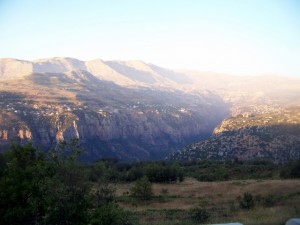Tortured logic, tortured justice
Sometimes, I cannot comprehend how the United States of America has come to occupy the landscape that it has in the year 2009. Growing up, I learned in school about all of the wonderful things that the United States had done for the world. Out of the tyranny that the British Empire had become, our forefathers had the temerity and the moral fortitude to announce to the world that we would be building a new kind of nation-- one in which the rights of the individual would trump government power. People were inherently vested with natural rights, inalienable rights. Our First Amendment- the right to speak freely, to worship (or not) as one pleases, free press, who could ask for a better check on governmental power? Can the government force the citizenry to quarter soldiers? Not here, we've got the Constitution! Governments stopping people for no reason, or on trumped-up charges? No way, we've got the 4th Amendment! To be sure, there were some stark contradictions, but I didn't realize those until I was a little older. I mean, it's a little hard to take seriously those that would lecture on the topic of liberty while being slave-owners, but the overall idea was pretty great. We were the force for truth and justice and all that is right. We proved it, too. We fought tyranny in World War II, the most recent (winning) war. We saw the evil that was done in the name of National Socialism, Fascism, or whatever label you want to use. We saw the evil in those Nazi bastards and we would have none of it-- and rightly so. The indescribable acts of torture and dehumanization were enough to turn anyone's stomach. I read Night, as well as some other works by holocaust survivor Elie Wiesel, and was moved to tears. I looked at the photographs of the concentration camps and saw the shivering, starving groups of people blankly staring at the camera lens. I saw the piles of bodies- massive piles of them! What kind of people could order (or commit?) these horrible, despicable acts? What kind of person could so callously cause the suffering of their fellow human beings? The Nazi experiment was a singular example of the brutality that one group could inflict on another. There is no crime so heinous that it could compare to the atrocities committed by the Nazis. The scale of the suffering defies understanding-- we named it The Holocaust. [More . . . ]


